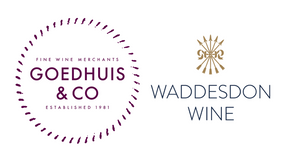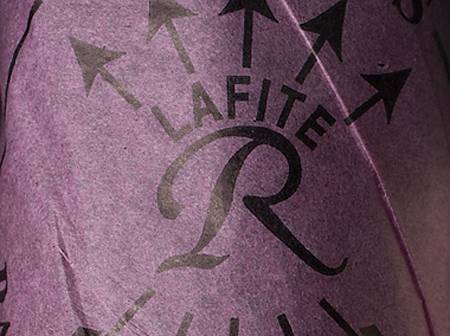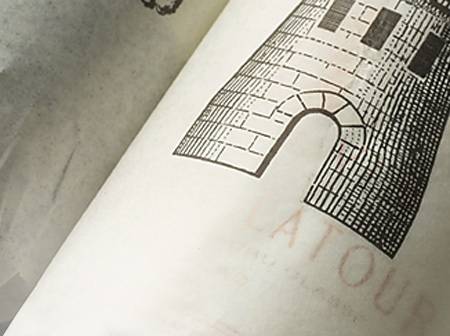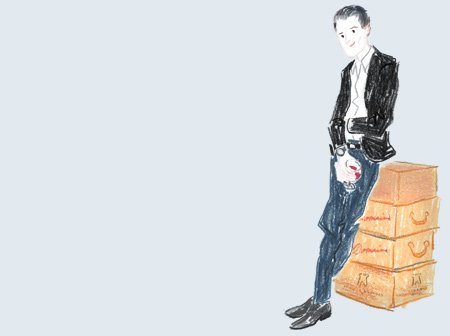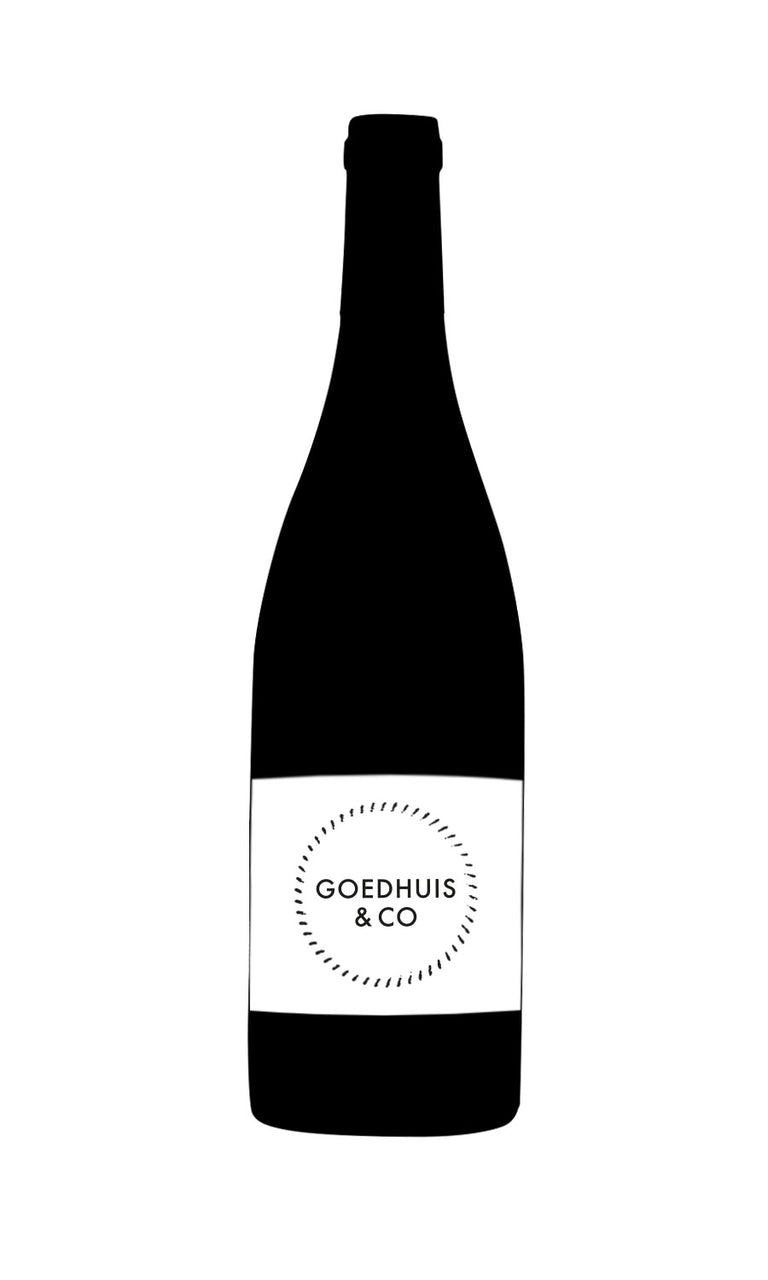
- Colour White
- Producer Helmut Dönnhoff
- Region Nahe
- Drinking 2008 - 2024
- Case size 12x37.5cl
- Available
2007 - Oberhauser Brucke Eiswein Dönnhoff - 12x37.5cl
- Colour White
- Producer Helmut Dönnhoff
- Region Nahe
- Drinking 2008 - 2024
- Case size 12x37.5cl
- Available
No further quantities available
Go To CheckoutNeed help? Call +44 (0)20 7793 7900 or email wine@goedhuiswaddesdon.com.
-
David Schildknecht, October 2009, Score: 94+/100
It was no Eiswein year, says Donnhoff by way of introducing his 2007 Oberhaueser Brucke Riesling Eiswein. Okay, we had a really good year, I told myself, and I don't have to do this. Having grapes still hanging out there is an annoyance. But he let some hang anyway, and just as his agreement with his wife Gabi was about to expire - by Christmas it has to be over, I promise! - a hard frost descended. Black tea, and intensely tart grapefruit and grapefruit rind, pineapple, and red currant inform the penetrating nose and almost jumpy, dynamic palate of this dramatically distinctive Eiswein. Apricot paste and honey lend an Eszencia-like aura. Each time I tasted this, I had a sense that its wiring wasn't quite right yet, but the charge was enough to electrocute and the brightness was almost a glare. Time will tell what it becomes. Drink: N/A. 94+/100
Producer
Helmut Dönnhoff
Dönnhoff is one the best producers in all of Germany and the estate is arguably the most famous outside of the Mosel valley. The family domaine dates from 1750 and is comprised of 28-hectares in the Nahe, a region located southeast of the Mosel. Its climate unexpectedly evokes the Mediterranean, and its soils are comparable to the Mosel with the addition of clay, though not as steep. The combination of these 2 elements seem...Read more
Dönnhoff is one the best producers in all of Germany and the estate is arguably the most famous outside of the Mosel valley. The family domaine dates from 1750 and is comprised of 28-hectares in the Nahe, a region located southeast of the Mosel. Its climate unexpectedly evokes the Mediterranean, and its soils are comparable to the Mosel with the addition of clay, though not as steep. The combination of these 2 elements seems to give the best of both worlds - the focus and minerality of the Mosel as well as the fleshy fruit of Germany's warmer regions. The vines have been passed on from father to son to grandson and now the fourth generation holds the reins. Cornelius Dönnhoff took over from his father Helmut in 2007 after 8 years of training. Cornelius continues his father's natural (and perfectionsit) winemaking philiopshy, producing wines of extraordinary power, concentration and complexity. Spellbinding and thought-provoking, they are worth discovering.Read less
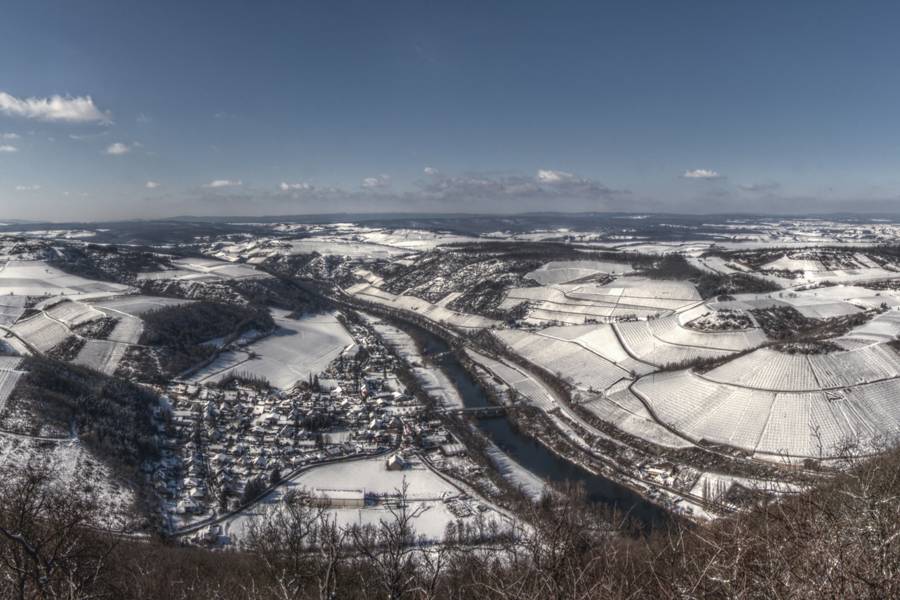
Region
Nahe
Nahe is located to the south east of the Mosel. Its climate unexpectedly evokes the Mediterranean, and its slate soils are comparable to the Mosel with the addition of clay, though not as steep. The combination of these two elements seems to give the best of both worlds - the focus and minerality of the Mosel as well as the fleshy fruit of Germany's warmer regions.
